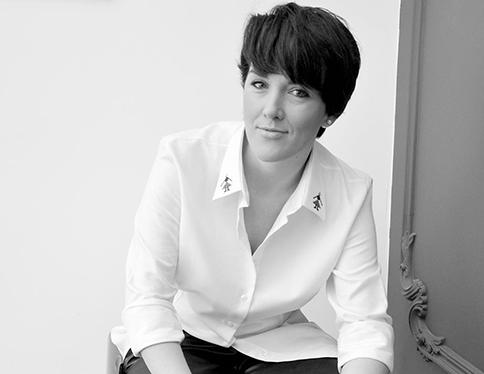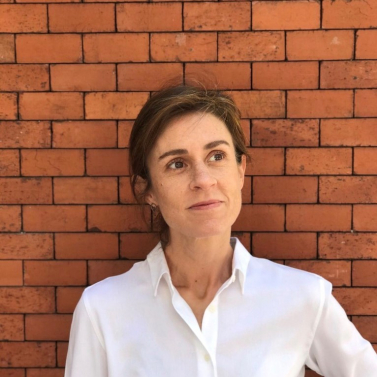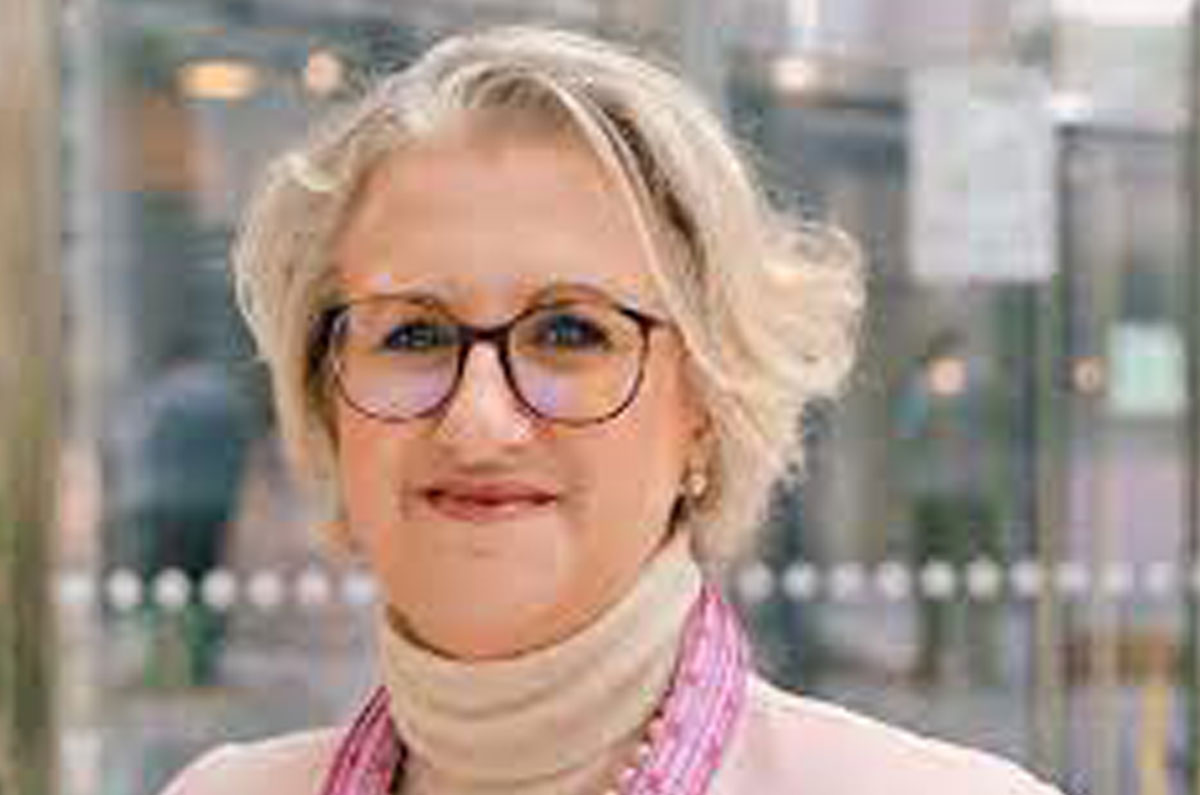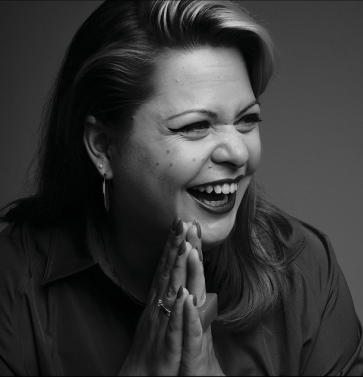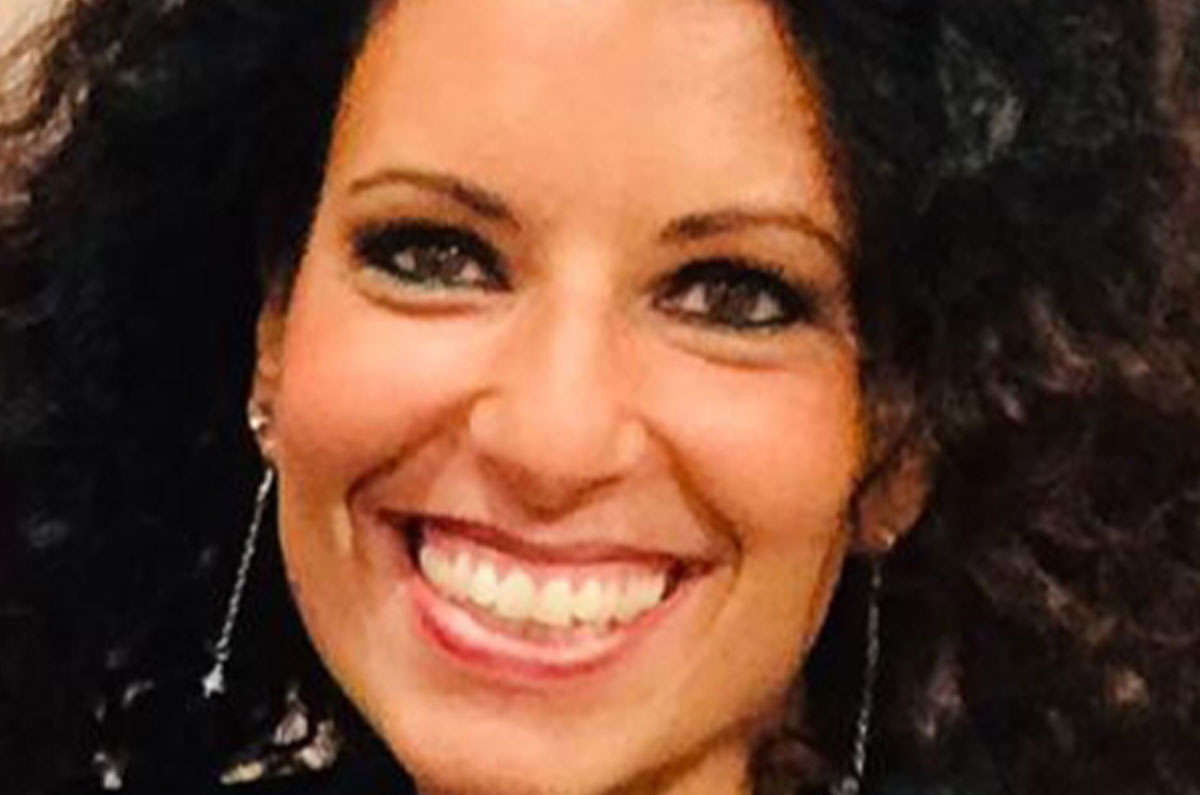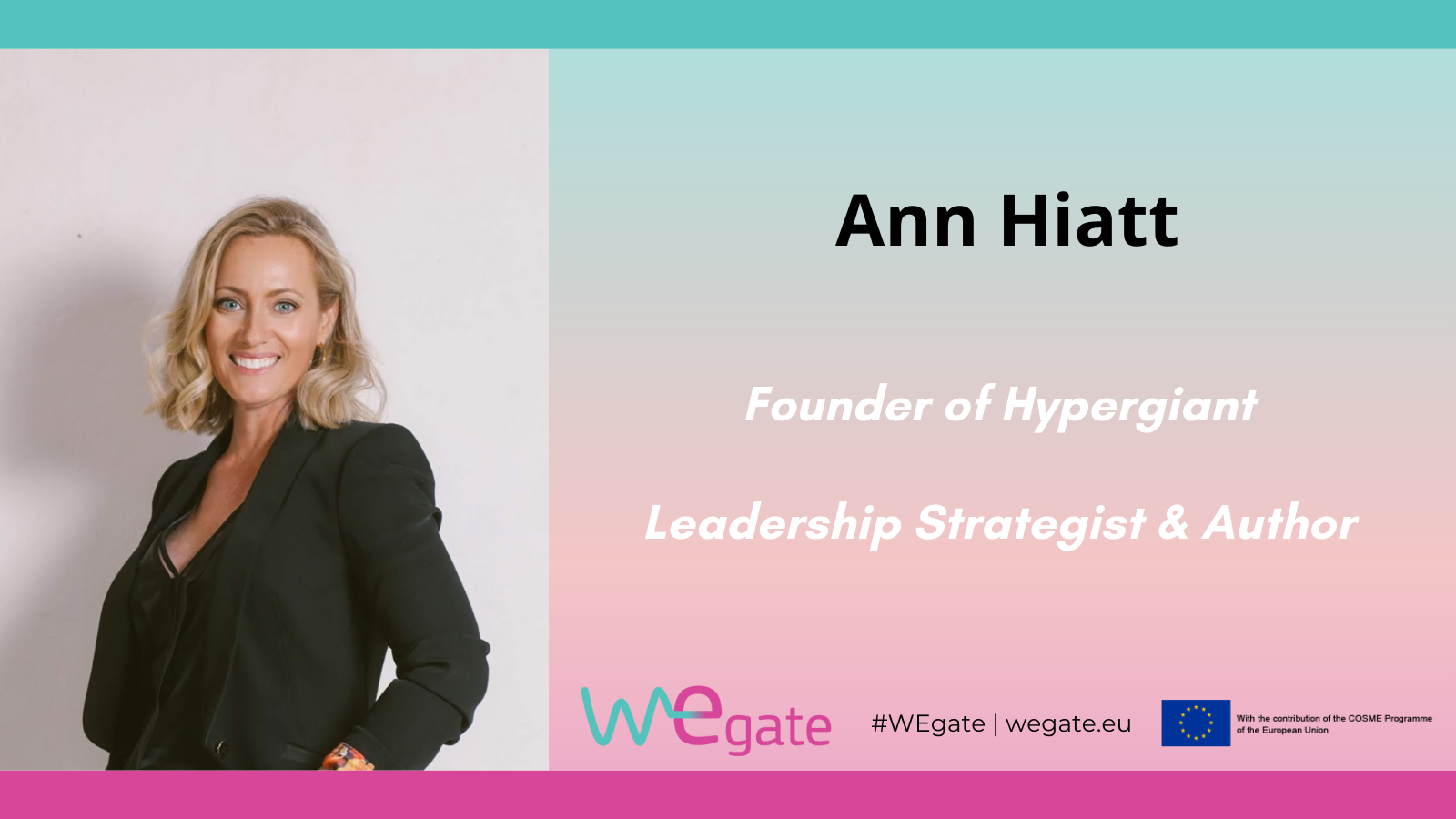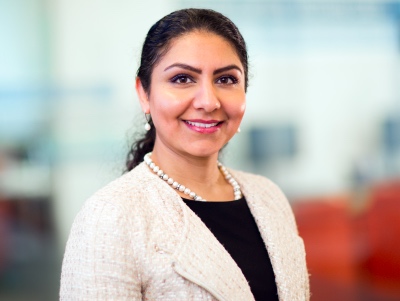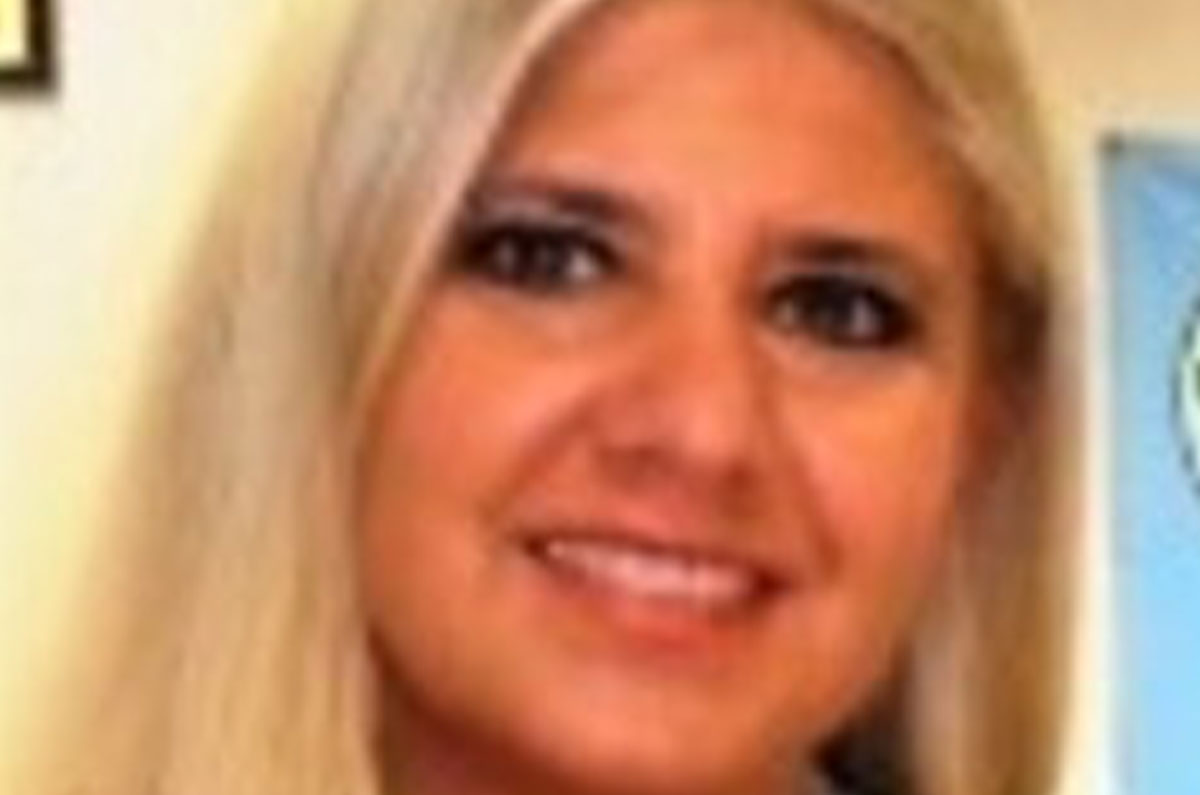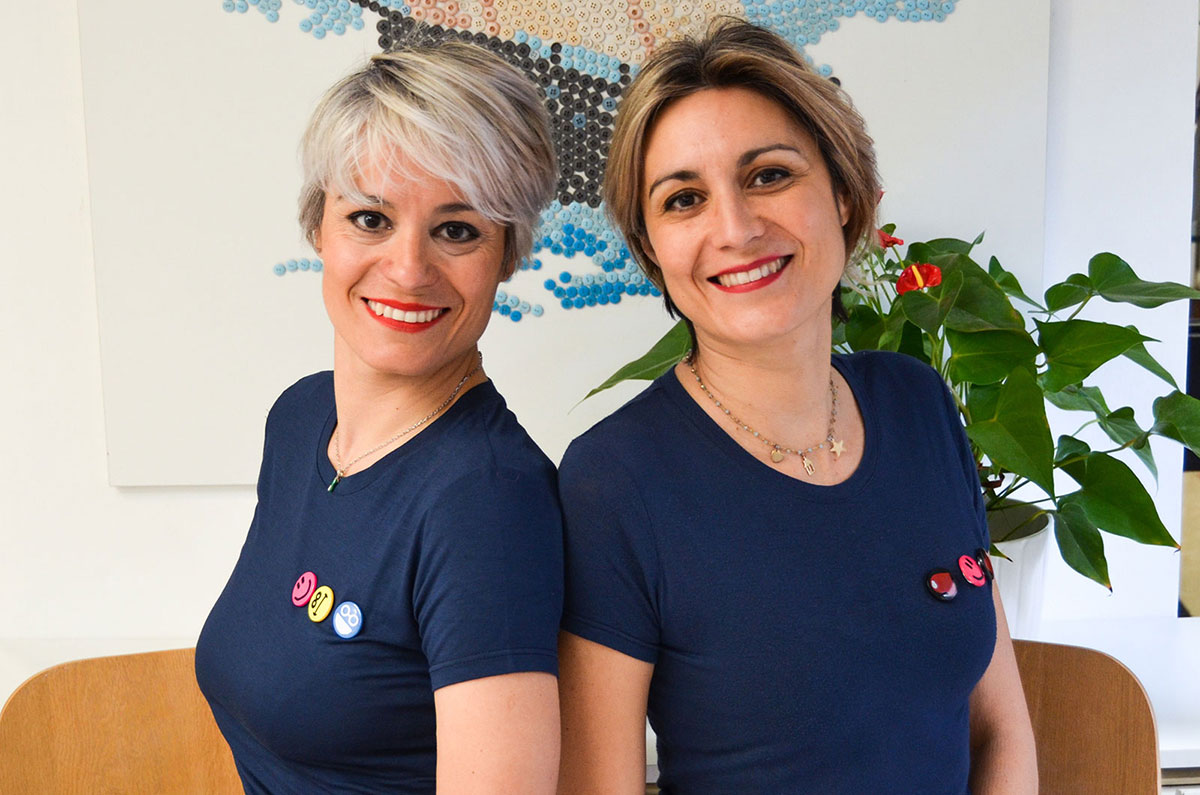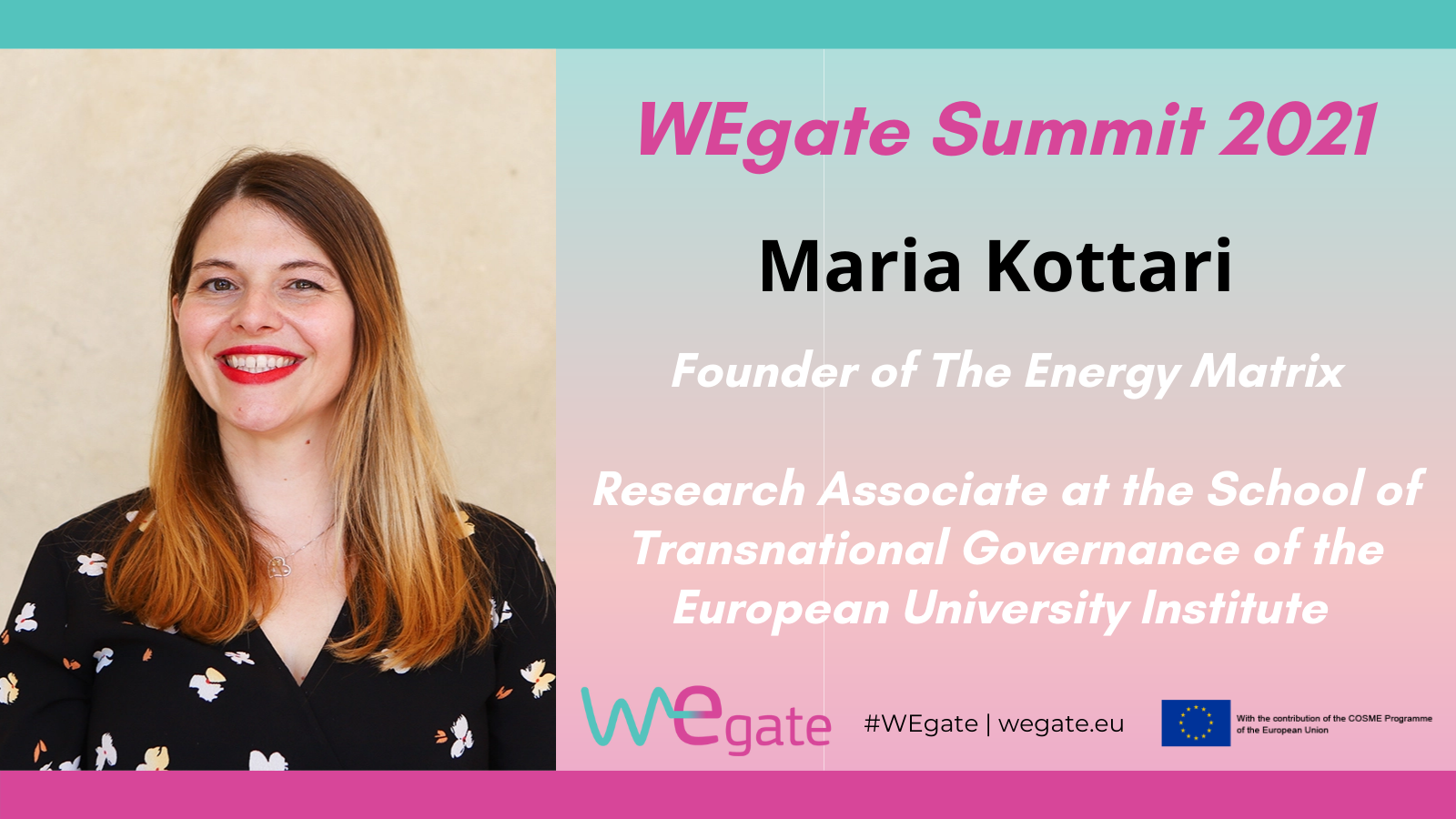
Marija Rucevska
Marija Rucevska may be young but she is already well known in the Baltic tech start-up scene. As the co-founder and former CEO of TechChill and Helve, she thrives on taking on challenges. Her most recent project is the largest and most complicated one yet – tackling climate change.
Marija was involved in the start-up scene early on. She previously worked as an events and community manager at a community hub in Riga, Latvia. Through this she met a lot of entrepreneurs and witnessed how the start-up world works. This environment inspired her to take her own initiative, thus her first project TechChill Organisation was born.
Witnessing how big things can be achieved in the tech scene and the thinking involved behind the projects pushed her to start her own company. “I immediately knew that [a start-up] was something I wanted to do in the future and I had to stick around to learn enough before starting on my own”, she said.
All this learning certainly paid off; her first venture was a non-profit organisation with the goal of helping young start-ups in the Baltics, as well as involving and encouraging young people to think about becoming tech entrepreneurs. The yearly TechChill event hosted in Riga grew from 350 attendees to about 2,000, with policymakers, investors and young students participating from all over Europe. She believes her biggest accomplishment was putting the Baltic states and Riga on the European innovative tech map.
When discussing why she left her position as CEO of TechChill, Marija said that she had learned everything she needed to know, so left to give others the opportunity to do the same. “I learned a lot at TechChill and that’s why I left, because I felt others also needed to experience this learning curve. I thought it was time for me to move elsewhere”, she said.
Onwards and upwards
Her most recent adventure, Quro Protocol, began in April 2018. When describing this project, Marija said: “this is me doing my part to try to save the world and leaving a blue print on it”. Quro Protocol will enable people to participate in more sustainable activities in their daily lives by incentivising them with a stable digital currency. With 4 co-founders and an extensive advisor team, the project is well underway, and the pilot version will be unveiled in February 2019. Quro Protocol’s main goal is to create a new type of economy – a sustainable one – that will be accepted by large economies and will lead the way of changing people behaviours.
With regards to her views on entrepreneurship, Marija thinks that, at this point, her experience is not extensive enough yet to see if it has changed over time: “it’s only been 4-5 years”. She argues that she should not give advice, because everybody’s experiences will be different, but she does think that focus is crucial to get started. “Entrepreneurship is not that hard you just have to stay focused if you want to be an entrepreneur, but it’s different for everyone, as everyone is different”, she said.
Marija also believes in the importance of networks: “[It] is the biggest value you can have as a start-up founder. It’s all about building and managing relationships, getting people to trust you and trust what you will deliver.” Adding that without a network it will be hard to get started, costing a lot more in terms of time, resources and effort.
Speaking of challenges, Marija said the beginning was hard as she had to fight for her opinion to be heard. Working with older people encouraged her to stand up for herself and make her arguments heard, but she described those as difficulties everyone goes through when getting started in the entrepreneurial world. “I am happy I haven’t gone through major issues, but maybe it’s still just ahead of me”, she added.
What advice would she give to aspiring entrepreneurs? Marija said the key is not to be afraid to take initiative. Also, set a start and end time for every goal that needs to be achieved in order to reflect on what has been done and what could be changed for next time. “Most people think that tech companies require you to have this extraordinary mind, coding ability and engineering skills but it’s not true”, she added.











